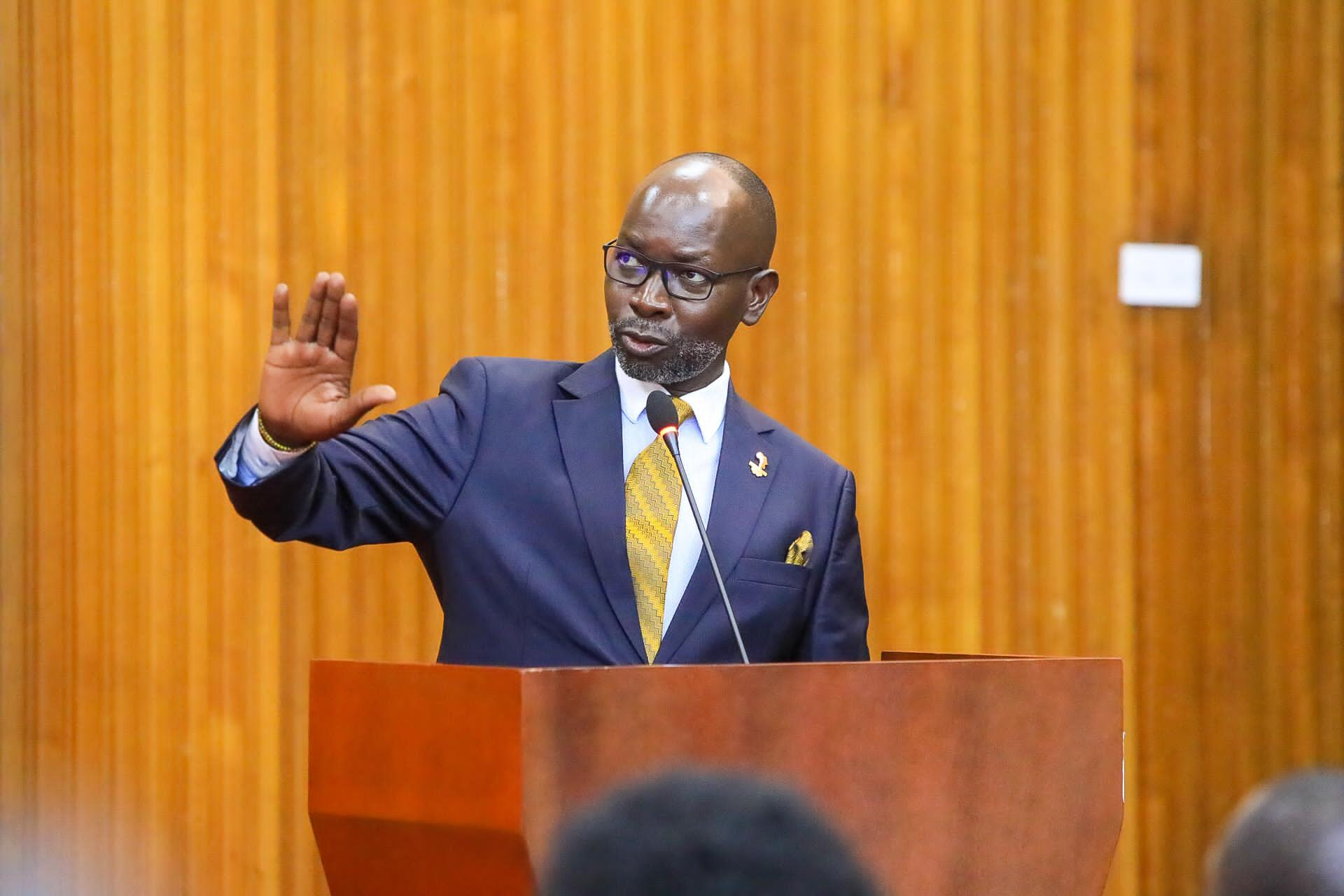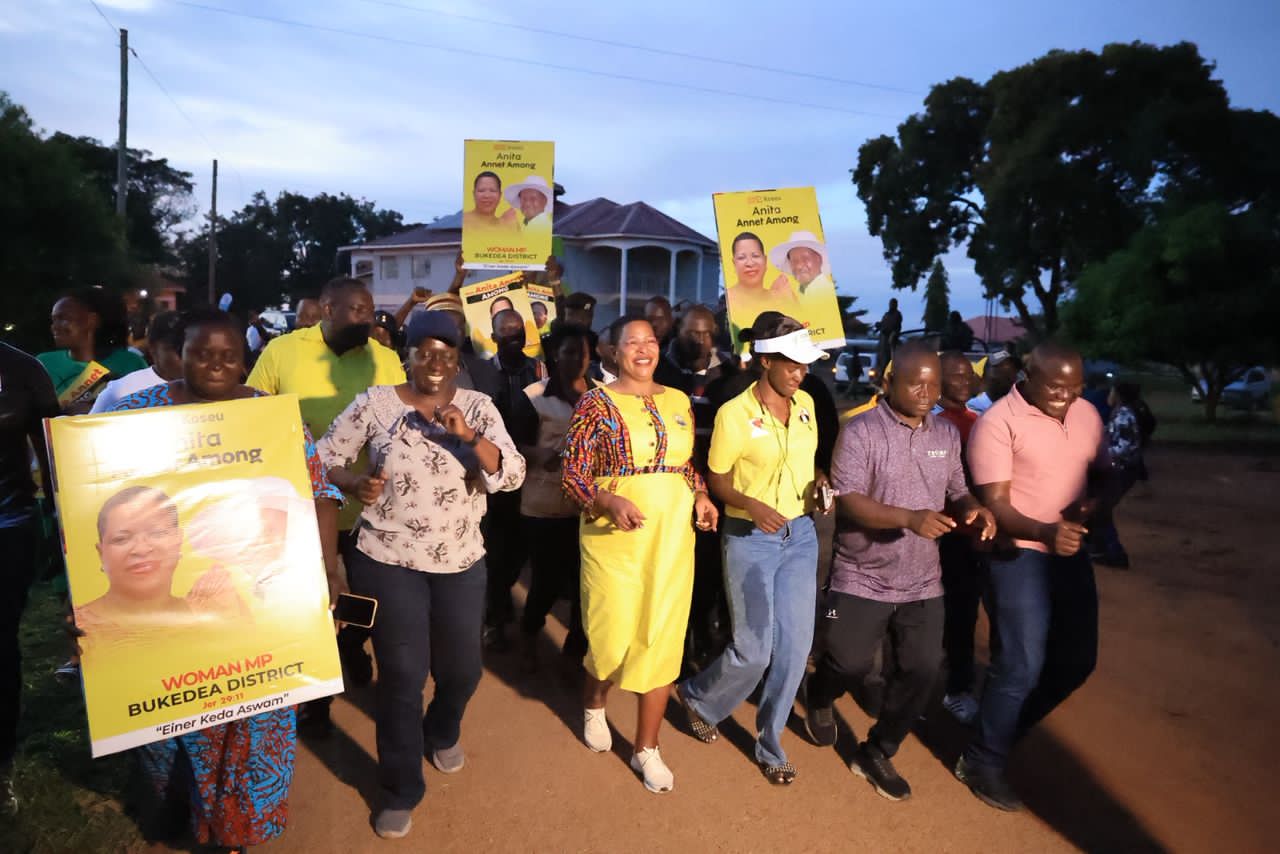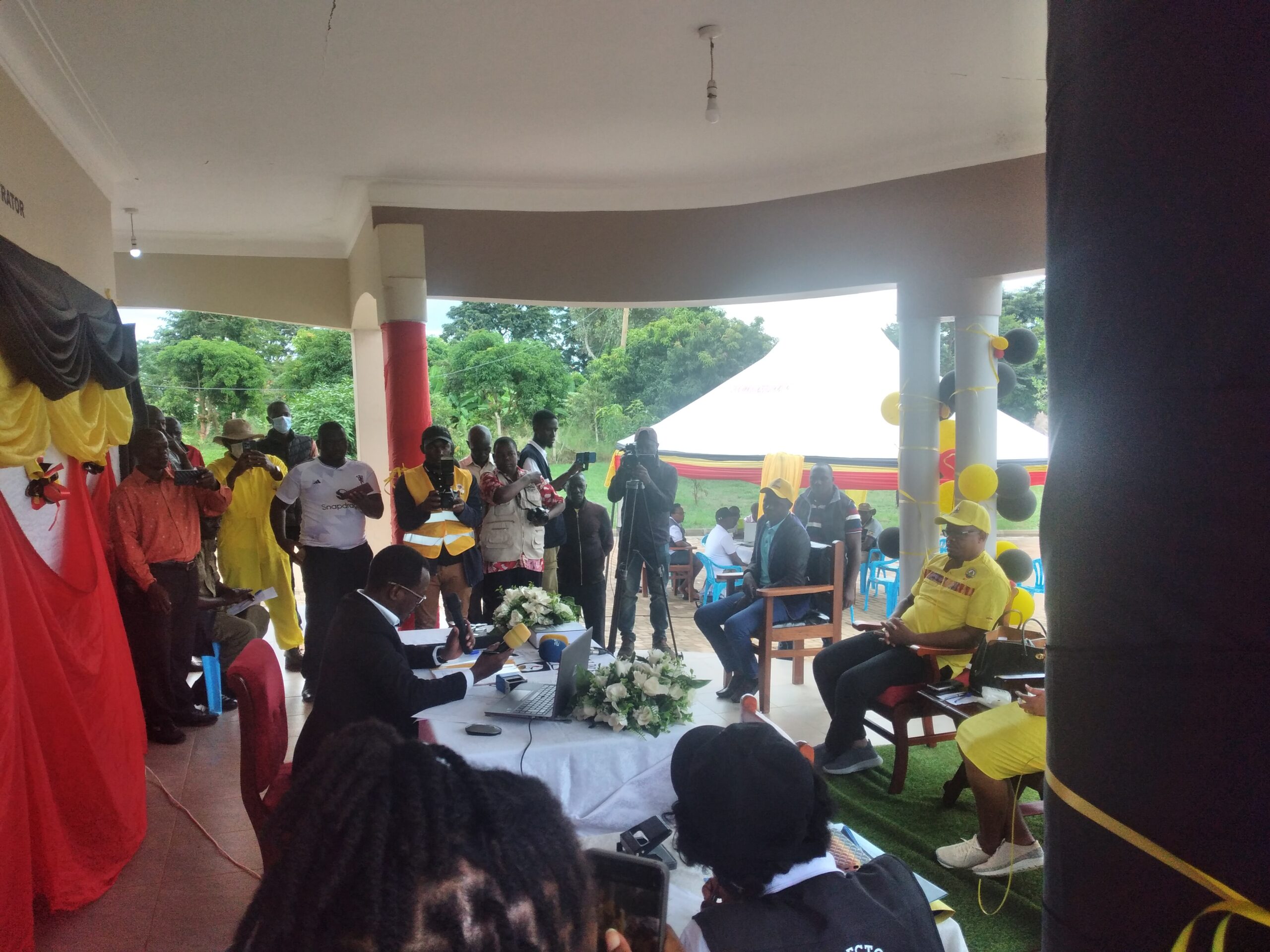
Govt Recognizes Media Challenges, Urges Reflection on Uganda’s Past
On World Press Freedom Day, Government Chief Whip Denis Obua acknowledged the growing concerns around media freedom in Uganda, calling for a balanced national dialogue that considers both the country’s historical context and its current challenges.
Speaking during a commemoration event at Parliament, Obua emphasized the importance of learning from Uganda’s past to inform a better future for press freedom and democracy.
“Ugandans, we seem to over concentrate on where we are right now without looking at where we came from or where we are coming from,” Obua said. “At the time, this country had a crisis. Would the journalists of the time gather like we are gathered today? There is a need for us to get time,seat, and talk about our past.”
Despite this call for reflection, several speakers raised serious concerns about recent incidents involving violations of press freedoms and human rights.
The Leader of the Opposition in Parliament, Joel Ssenyonyi, urged the international community, including the European Union, to take a more active role in addressing the narrowing space for media freedom and rising human rights violations.
In his keynote address, Ssenyonyi challenged members of the diplomatic corps to engage meaningfully on these issues during their interactions with Uganda’s top leadership.
“Ambassadors are meeting President Museveni and General Muhoozi, and one wonders whether they raise these concerns, since many of them support this government financially,” Ssenyonyi said.
He questioned the EU’s invitation of General Muhoozi as a special guest at upcoming EU Day celebrations, calling it potentially insensitive given recent allegations.
“This will be seen as a mockery to the people of Uganda. Because this is somebody who is torturing citizens and goes on social media to celebrate,” he added.
Kira Municipality MP Ibrahim Ssemujju Nganda called on journalists to prepare seriously for the 2026 general elections, not only through training but also emotionally and physically.
“Prepare your will, prepare your family, because you may not live, you may not see life after elections,” he said, warning that military involvement has previously led to violent suppression of media coverage.
Meanwhile, the National Association of Broadcasters (NAB) has condemned the recent attacks on journalists during the Kawempe by-elections.
NAB CEO Joseph Beyanga, who also manages Power FM, said the association had initiated engagements with various ministries but was now also considering legal action against those involved.
“We intend to take them to court—the security forces, the individuals, and all the actors on the ground. One, the people who were beaten deserve justice, and two, we must stop the recurrence of these violations in our country,” Beyanga said.
He further encouraged media houses to unite in defense of press freedom and to maintain focus on the broader vision for Uganda’s democratic future.




